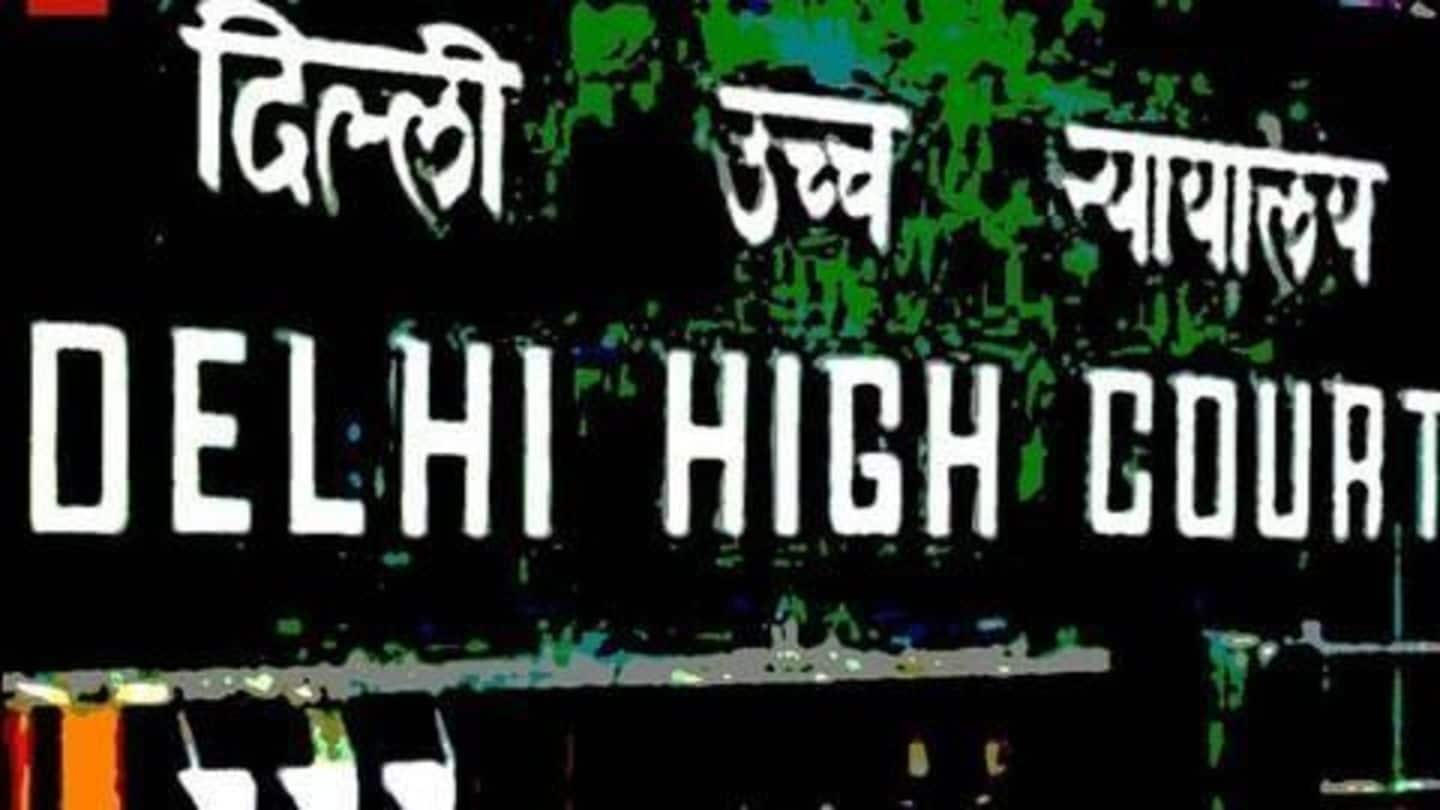
Delhi High Court rules on myriad issues
What's the story
Delhi High Court has seen a significant number of public interest litigations (PIL) and litigation on a variety of issues. PILs concerning demonetization and petitions on corporate disputes, privacy laws, drug prices and a host of other cases were taken up by the high court in the capital city. Here are some of the most interesting cases Delhi HC ruled on.
Flurry of PILs
Demonetization
The Delhi High Court was besieged by PILs on demonetization-move announced by the government. The high court refused to examine the "correctness" of the demonetization policy and took the view that courts should not "venture into policy matters". Later, the Supreme Court accepted the government's plea and directed that no other court other than the apex court would entertain any matters pertaining to demonetization.
How?
Tatas have had a litigious year
Tata Group suffered a setback when Delhi HC allowed auction of legendary Taj-Mansingh hotel run by Tata: court refused to extend the hotel's lease. In allegations of money-laundering, Tatas and JV partner, AirAsia India were asked to submit documentation to DGCA to determine who had control of airline: a challenging time for Tatas. The Tata-Mistry saga continues to make headlines over corporate governance practices.
Public relieved
WhatsApp, Uber, Ola: Privacy and price wars
Public was relieved when Delhi HC in a ruling restrained WhatsApp from sharing users' information collated until September 25, 2016 when Facebook's revised privacy policy came into effect. In another news, a price-war broke out between Uber and Ola; commuters bore the brunt: Delhi HC stepped in and clamped down on 'surge pricing'. Ola-Uber were prohibited from charging above government fixed-rates after August 22.
Tense moments
Essar, Kingfisher in eye of the storm
Essar Group was in a sticky situation when allegations of illegal phone-tapping of senior ministers/VIPs during 2001-2006 emerged: fortunately for Essar, the court refused to direct a monitored SIT probe. Kingfisher's Vijay Mallya who has been out of the country for several months got in deeper trouble when the HC upheld a lower court's order to summon him back in multiple cheque-bouncing cases.
What happened?
Call drops and banned drugs
Delhi HC upheld a TRAI order which stated that telecom companies must compensate subscribers in case of call drops: the telecom sector heaved a sigh of relief when SC stayed this order. In a major setback to the government, 344 drugs by pharma giants were banned: pharma companies challenged this order and the court set aside the ban stating that government's decision was "haphazard."